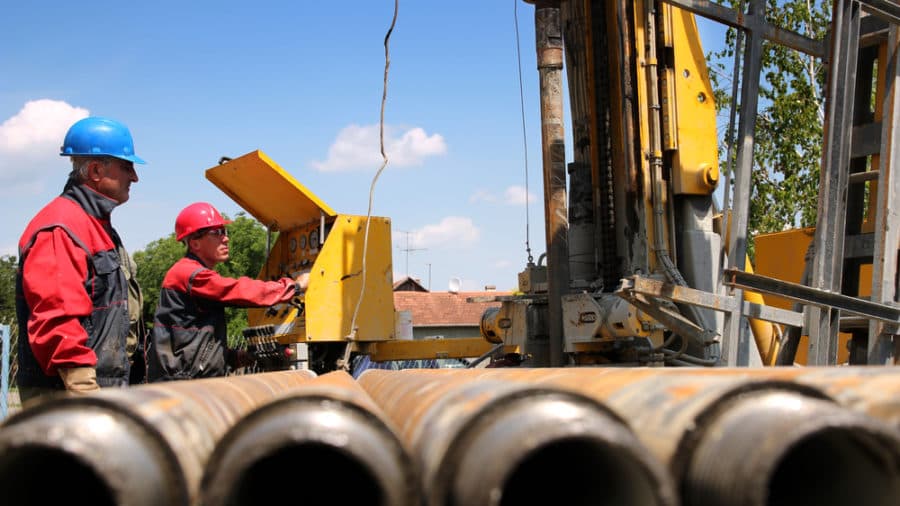Texas is on track to shatter its nearly 50-year-old record for oil production, but it’s doing so with far fewer employees than before the 2014 price collapse.
Oil and gas producers in Texas are doing more with less, but this has a negative side as companies need fewer workers on their payrolls, according to one economist.
While energy companies are reaping multibillion-dollar quarterly profits again as oil prices have rebounded, greater efficiencies and technological advancements developed in recent years are helping them send more of those dollars back to their investors rather than to returning workforce levels to previous highs.
“This is a transformational shift,” Texas petroleum economist Karr Ingham said. “We’re breaking production records with tens of thousands fewer employees.”
Ingham released his midyear Texas Petro Index report last week. It shows the state will produce more than 1.5 billion barrels of crude oil this year, easily beating the 1972 record of 1.26 billion barrels. Since June, Texas has been churning out 4.3 million barrels of oil a day, a daily record that accounts for 40 percent of the nation’s record-high 11 million barrels daily.
The growth is driven by West Texas’ booming Permian Basin, as well as rising crude prices, even though the Permian is plateauing for now because of a shortage of pipelines needed to move the oil to refining and port hubs near Houston and Corpus Christi.
Ingham’s report came as Houston’s ConocoPhillips and global oil majors like Royal Dutch Shell reported second-quarter earnings that showed their profits are growing substantially.
Related: Texas Sees 19 Consecutive Months of Oil & Gas Jobs Growth
The oil bust taught energy companies to make money more efficiently with prices closer to $50 a barrel — as opposed to more than $100 a barrel in mid-2014 — but US prices have since rebounded to nearly $70 a barrel, creating healthy profits for the foreseeable future.
New technologies and techniques allow companies to drill more wells that are longer and deeper and produce greater volumes of oil and gas without requiring as many people and rigs. The end result is that fewer than half of the Texas energy jobs lost during the oil bust have been recovered.
About 47,000 upstream oil and gas jobs were added in Texas in the past 18 months – less than half of the roughly 115,000 jobs the state lost during the oil bust, according to Ingham’s report, developed for the Texas Alliance of Energy Producers.

